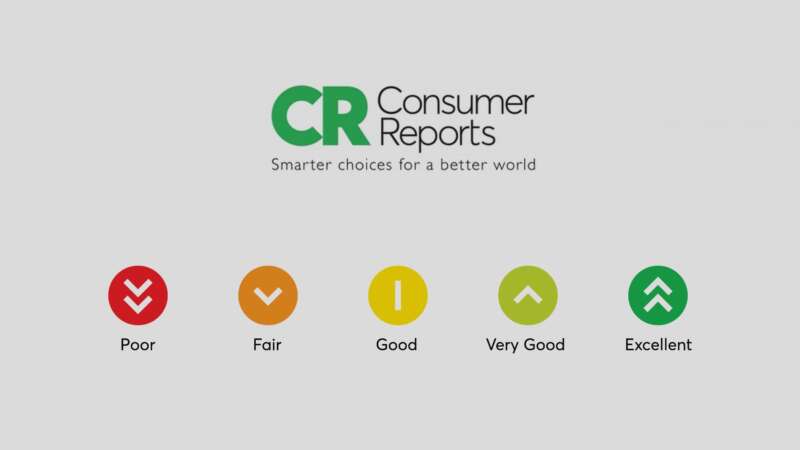After reading the article, I get a sense we need to be regulating supplements. I’m concerned about the safety and authenticity of some of the supplements that are sold on info-mercials or possibly health food stores. Not only could these products be dangerous to our health, they may not work at all. The pricing is on the high end of the scale and people may be scammed into a product that delivers no real results.
Regulating Supplements
Consumer Reports has launched a provocative campaign aimed at pressuring the FDA to regulate dietary supplements more stringently. The move highlights growing concerns over the safety and efficacy of these widely used products.
Consumer Reports, known for its rigorous product testing and advocacy, is calling out the FDA for what it perceives as lax oversight in the supplement industry. The campaign features a series of satirical advertisements and social media posts designed to draw public attention to the issue. “The supplement industry is like the Wild West, and it’s time for the sheriff to show up,” the campaign’s tagline boldly declares.
The organization argues that many supplements on the market make unfounded health claims and contain potentially harmful ingredients. Consumer Reports points to a lack of pre-market testing and the absence of standardized manufacturing practices as significant risks to consumers.
In a recent statement, Lisa Gill, an investigative journalist with Consumer Reports, said, “We’re seeing products that claim to cure everything from the common cold to cancer without any scientific backing. It’s time for the FDA to step in and ensure these products are safe and effective.”

Consumer Reports weighs in on regulating supplements.
Concerns Acknowledged
The FDA has responded to Consumer Reports’ campaign by acknowledging the concerns but also emphasizing the challenges in regulating the vast and diverse supplement market. “We are committed to protecting public health, but the sheer volume of products and the pace of innovation make comprehensive regulation challenging,” an FDA spokesperson said.
Consumer Reports’ campaign has sparked a wider debate about the role of regulatory bodies in ensuring consumer safety. Critics argue that too much regulation could stifle innovation and limit consumer choice, while supporters believe stricter oversight is necessary to protect public health.
As the campaign gains momentum, it remains to be seen whether it will prompt legislative changes or lead to increased regulatory action by the FDA. For now, the battle over supplement regulation continues, with Consumer Reports at the forefront of the push for change, as reported in LawNewz.

Weighing up regulating supplements




